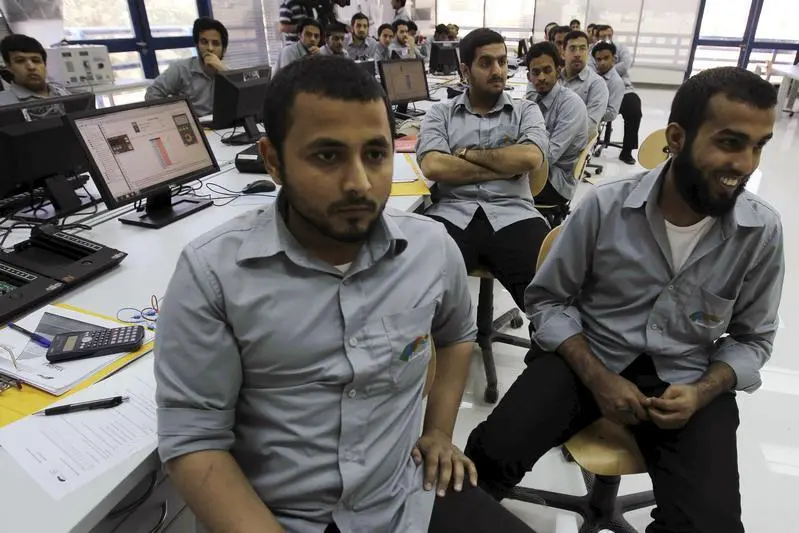PHOTO
“Classrooms are not the only place where one can acquire knowledge, the nonprofit society’s chairman of the board of directors, Abdulrahman Al-Sultan, told Arab News.
“Studies show that the largest part of exposure to science happens outside the school. (We aim) to promote the importance of science and its applications, as well as a culture of learning, exploration, and creativity.”
The society is also intended to encourage scientific input in volunteering and nonprofit work by entrenching simple scientific concepts that can have a positive social impact as well as making science and technology more accessible to the general public, thus developing scientific thinking and communication, he explained.
He noted that the society also intends to build bridges between experts and organize scientific programs, seminars and conferences, support innovation, development, and research in STEM fields, and encourage community investment in these fields.
The Science for All Society was established in line with Saudi Vision 2030’s goals, including maximizing the social impact of nonprofit organizations, he added.
The name of the society reflects its inclusiveness, and members of the public will be invited to join in with its programs, which will be announced soon.
There are 15 founding members of the society, Al-Sultan said, but “we aspire to increase the number to 100 within three years.”
“We have many initiatives to enhance the principles of basic science for youth and children, and increase scientific education levels for families. The society will hold specialized events and activities targeting many segments of society,” he concluded.
Copyright: Arab News © 2021 All rights reserved. Provided by SyndiGate Media Inc. (Syndigate.info).





















